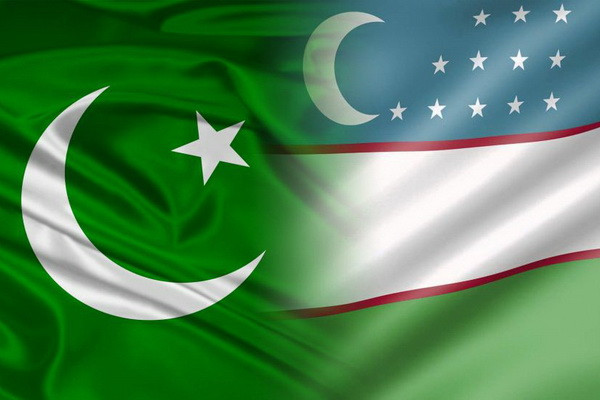
Uzbekistan and Pakistan Discuss Expanding Air Connectivity and Joint Tourism Projects
Uzbekistan and Pakistan Discuss Expanding Air Connectivity and Joint Tourism Projects
Tashkent, Uzbekistan (UzDaily.com) — Uzbekistan and Pakistan plan to deepen cooperation in tourism, focusing on expanding air links, cultural exchanges, and joint projects as a key to reviving the centuries-old connections of the Great Silk Road.
According to APP, this partnership aims to stimulate regional trade, economic integration, and interpersonal contacts.
Uzbekistan’s Ambassador to Pakistan, Alisher Tukhtaev, highlighted these prospects during the opening of the “Uzbekistan: Pearl of the Silk Road” Tourism and Cultural Exhibition.
Speakers also included Pakistan’s Prime Minister’s Coordinator for Tourism, Sardar Yasir Ilyas Khan, and Managing Director of the Pakistan Tourism Development Corporation, Aftab ur Rehman Rana.
The ambassador emphasized that the cultural event reflects the growing friendship and partnership between Uzbekistan and Pakistan—two countries connected by centuries of shared history, religion, culture, and traditions.
He noted that Uzbekistan, located in the heart of the Silk Road, is home to world-famous ancient cities such as Samarkand, Bukhara, Khiva, Termez, and Kokand. All are UNESCO World Heritage sites and historically served as centers of Islamic education, spirituality, and culture.
Inviting Pakistani tour operators, investors, and business leaders to collaborate, Tukhtaev proposed joint tourism packages, hotel industry projects, and cultural events. He stressed that Uzbekistan welcomes initiatives in hotel construction, transport services, and creative industries, adding that together Central and South Asia could become one of the most attractive and interconnected tourist regions in the world.
The ambassador highlighted the importance of direct air connectivity. Uzbekistan Airways currently operates two weekly flights from Tashkent to Lahore and one weekly flight to Islamabad, with plans to expand to other major cities in Pakistan. These flights, he said, serve as “true bridges of friendship, trade, and cooperation.”
Tukhtaev also noted ongoing tourism reforms in Uzbekistan, including the restoration of historical monuments, infrastructure modernization, and the development of new tourism segments—pilgrimage, eco-tourism, adventure, medical tourism, and MICE tourism.
Highlighting the potential of ziyarat (pilgrimage) tourism, he reminded that Uzbekistan hosts sacred sites and mausoleums of revered Islamic scholars and Sufi saints, including Imam al-Bukhari and Bahauddin Naqshbandi.
“Tourism is not just about visiting beautiful places, but also about building trust, friendship, and partnership,” Tukhtaev said.
He expressed hope that thousands of Pakistani tourists would discover Samarkand and Khiva, while Uzbek travelers explore Lahore, Karachi, and the Hunza Valley, strengthening bilateral ties and opening new horizons for cultural cooperation.
In conclusion, the ambassador noted that the Uzbekistan Tourism and Cultural Exhibition is only a glimpse of the country’s hospitality and traditions. With strong political will, expanding air connectivity, and sincere friendship, the future of Uzbekistan-Pakistan tourism relations will be “stronger, deeper, and brighter.”